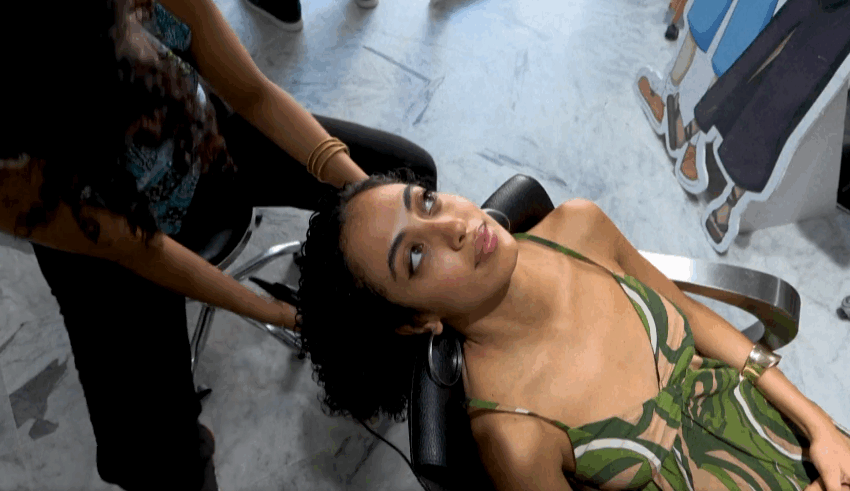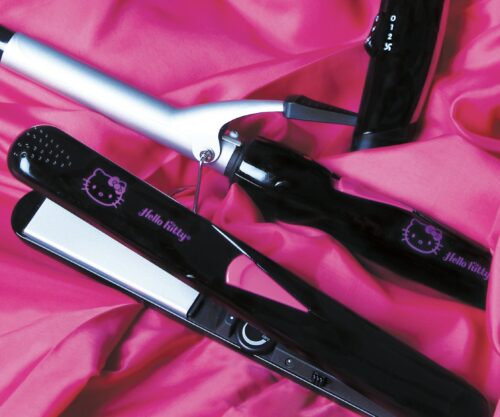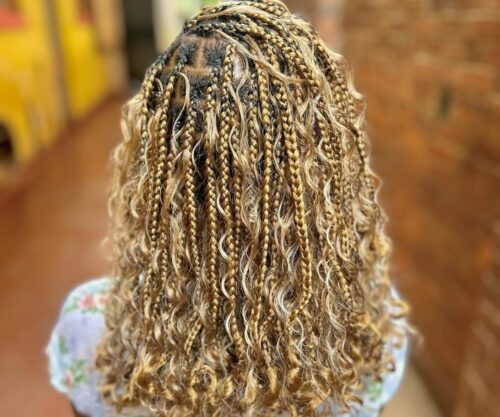
“Curly Is Beautiful”: Tunisia’s Natural Hair Awakening
For decades, straight hair was considered the “proper” look in Tunisia. Women like Mouna Jebali, a mother from Tunis, remember the relentless pressure to flatten every curl, tie every strand back, and present themselves in a way deemed socially acceptable.
“I was taught that curly hair was not neat,” Jebali says, recalling years of flat-irons and styling battles. But when tiny curls began forming on her young son’s head, she had an epiphany. “Actually, no—curly hair is beautiful,” she says, smiling. That realization led her to Pineapple Studio, the country’s first salon dedicated entirely to natural hair.
Fighting “Texturism” and Shifting Beauty Norms
Experts argue the stigma against curly hair is a form of discrimination called texturism, where hair that veers from straight or loosely waved is seen as unprofessional or unattractive. Journalist Nawal Benali points out that these standards were largely imported from Western ideals, designed to erase Indigenous and African features.
Even today, many Tunisian women still feel compelled to straighten their hair before weddings, meetings, or interviews, fearing that natural curls could cost them opportunities.
Salon Culture as a Space for Transformation
For Dhouha Mechergui, co-founder of Pineapple Studio, helping women embrace their natural hair is about more than aesthetics—it’s emotional labor. “Sometimes I play the role of psychiatrist,” she says, guiding clients through a cultural and personal transformation that can feel daunting.
The rise of natural hair also intersects with health concerns. Studies from the US National Institutes of Health have linked chemical straightening products to higher risks of uterine cancer, adding another layer to the motivation to go natural.
A Homegrown Curl Revolution
The movement has sparked a small but powerful industry in Tunisia. In 2021, Sirine Cherif co-founded Kamaana, the country’s first local haircare brand devoted to curly hair. “When we started, we were the only specialised brand on the market,” Cherif says. Today, brands like Zynia and Lilas Cosmetics have followed suit, creating products that celebrate curls instead of suppressing them.
The growth is impressive: Kamaana reports 42% annual growth while simultaneously encouraging social change. “We want to start a curl revolution,” Cherif says.
Beyond Beauty: Identity, Health, and Pride
For Tunisian women, embracing natural hair is more than a trend, it’s a statement of identity and pride, a reclamation of cultural heritage, and a rejection of decades-old beauty norms. Social media has amplified the message, with hashtags and viral tutorials celebrating curls, coils, and waves.
From the tiny curls of a child to the confident spirals of a woman in the salon chair, Tunisia is quietly joining a global movement: showing the world that natural hair is not just beautiful, it’s powerful.
{Source: IOL}
Featured Image: X{@AFPar}




